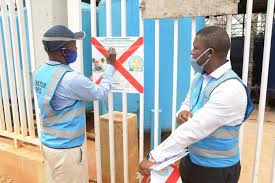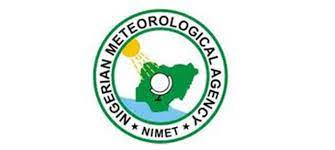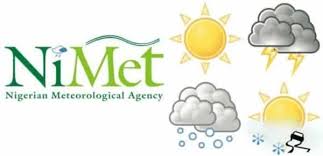
Nigerian children exposed to climate change threats, says UNICEF
Nigeria ranks among the most hazardous nations for children confronting climate-related threats, yet it is also one of the least equipped to handle such challenges, as indicated by a recent report from the United Nations Children’s Fund.
The report, titled "The Nigerian Child 2025," which was acquired by our correspondent on Sunday, highlighted that significant deficiencies in infrastructure, policy, and emergency response mechanisms leave children perilously vulnerable when disasters occur.
The nation is increasingly threatened by climate change, facing issues such as floods, droughts, desertification, and extreme heat.
These environmental challenges have extensive repercussions for children, who represent one of the most at-risk demographics.
It was noted, "Nigeria is one of the most perilous countries for children facing climate threats, yet it is among the least prepared.
"Systemic deficiencies in infrastructure, policy, and emergency response expose children to danger during disasters. Family incomes deteriorate under these strains, and children suffer the consequences through malnutrition, interrupted education, and health issues.
"Air pollution presents an additional risk, with Nigeria recording the highest global rate of pneumonia fatalities due to pollution among children under five years old."
The report indicated that these environmental threats are exacerbated by inadequate access to clean water and sanitation facilities.
It stressed that for numerous families, the availability of safe drinking water and proper sanitation remains an unattainable aspiration.
The report further stated, "Millions depend on polluted water sources that transmit diseases. Diarrhea, cholera, and other ailments claim the lives of young children, particularly in rural and impoverished areas. Open defecation is prevalent, rendering basic hygiene nearly unachievable.
"Children from low-income households often reside in regions most severely impacted by climate change while having the least resources to manage its effects. When water becomes scarce or crops fail, impoverished children experience hunger, miss educational opportunities, or become ill. Girls are particularly affected, spending hours collecting water and caring for younger siblings, often at the expense of their education and overall well-being.
“These challenges extend into schools and health facilities, many of which lack basic water, sanitation, and hygiene services. Without clean water, safe toilets, or handwashing stations, children struggle to stay healthy and attend school regularly. Girls face added difficulties in managing their menstrual periods with dignity. Without reliable water, health centres, too, are unable to provide proper care, leaving their patients at risk and communities underserved.”





